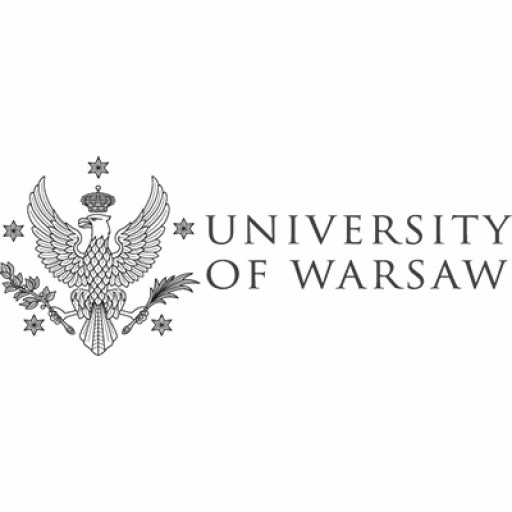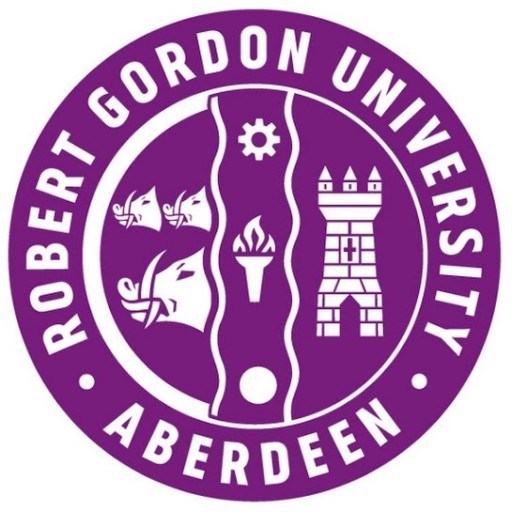Photos of university / #oxford_uni
The MSc in Oil and Gas at the University of Oxford offers an in-depth exploration of the fundamental principles governing the exploration, extraction, and management of oil and gas resources. Designed for graduates seeking to develop a comprehensive understanding of the upstream and downstream sectors of the energy industry, this program combines rigorous academic coursework with practical insights from industry experts. Students will delve into topics such as reservoir engineering, petroleum geology, drilling technologies, project management, environmental considerations, and the economic and geopolitical factors influencing the global oil and gas markets. The curriculum emphasizes interdisciplinary approaches, integrating technical knowledge with policy analysis and sustainable development practices. The program benefits from Oxford's renowned research facilities, extensive library resources, and a strong network of alumni and industry connections, providing students with ample opportunities for professional growth and networking. Through a mixture of lectures, seminars, case studies, and research projects, participants will gain the analytical skills and technical expertise necessary to excel in the competitive energy sector. Graduates of the MSc in Oil and Gas will be well-equipped to pursue careers in exploration and production companies, consultancy firms, government agencies, and international organizations overseeing energy policy and regulation. The program also fosters critical thinking about the environmental and social impacts of oil and gas activities, encouraging future leaders to advocate for responsible and sustainable energy solutions. Joining this programme means becoming part of a dynamic academic community committed to advancing knowledge and innovation in the energy industry, preparing students to meet the challenges of an evolving global energy landscape.
There are twenty weeks of formal training in a range of subjects, consisting of week-long modules held at a variety of field and classroom venues around the country. The training will be delivered jointly by experts from the petroleum industry and from the academic partnership. Ten weeks of this training will be in the first year, followed by five weeks in each of the second and third years. An annual conference will be held to facilitate liaison with industrial partners, and opportunities for internships with affiliated companies or institutions (eg NGOs, environmental organisations) will be developed through the partnership.
After the first year, and between years two and three, a formal report, presentation and interview are required to confirm your status as a DPhil candidate. At the end of the degree you will submit a written thesis and this is examined by viva voce by an external expert in the field and moderated by an internal member of faculty. The final award is a DPhil in Earth Sciences.
Applicants are normally expected to be predicted or have achieved a first-class or strong upper second-class undergraduate degree with honours (or equivalent international qualifications), as a minimum, in any subject.
For applicants with a degree from the USA, the minimum GPA sought is 3.5 out of 4.0.
If you hold non-UK qualifications and wish to check how your qualifications match these requirements, you can contact the National Recognition Information Centre for the United Kingdom (UK NARIC).
However, entrance is very competitive and most successful applicants have a minimum of an upper-second or first class degree or the equivalent. Most candidates have a master's degree or the equivalent.
No Graduate Record Examination (GRE) or GMAT scores are sought.
- Official transcript(s)
- CV/résumé
- Research proposal: One to two pages
- Written work:500 words
- References/letters of recommendation:Three overall, generally academic
ENGLISH LANGUAGE REQUIREMENTS
Standard level
|
est |
Standard level scores |
Higher level scores |
||
|
IELTS Academic |
7.0 | Minimum 6.5 per component | 7.5 | Minimum 7.0 per component |
|
TOEFL iBT |
100 |
Minimum component scores:
|
110 |
Minimum component scores:
|
| Cambridge Certificate of Proficiency in English (CPE) | 185 |
Minimum 176 per component |
191 |
Minimum 185 per component |
| Cambridge Certificate of Advanced English (CAE) | 185 |
Minimum 176 per component |
191 |
Minimum 185 per component |
The University of Oxford offers financing options for students enrolled in its Oil and Gas related programs, primarily through a combination of scholarships, grants, bursaries, and student loans. Prospective students are advised to explore the specific funding opportunities available through the university’s central admissions office and the department or faculty offering the course. Funding opportunities include competitive scholarships that cover partial or full tuition fees, which are awarded based on academic excellence, financial need, or specific eligibility criteria related to nationality or background. Additionally, Oxford provides a range of bursaries designed to assist students with living costs, which are sometimes linked to specific conditions or target groups. International students are encouraged to seek funding from external sources as well, including government scholarships, private foundations, and industry-sponsored awards. The university also participates in government loan schemes where available, allowing students to borrow money to cover tuition and living expenses, which can be repaid after graduation.
Oxford’s financial aid services offer comprehensive advice and support in managing funding applications, including guidance on preparing scholarship applications and accessing external funding sources relevant to the oil and gas sector. For students pursuing research or advanced degrees related to oil and gas engineering, the university provides research grants and stipends that support research activities and travel for conferences or fieldwork. It is important to note that funding availability and eligibility criteria vary depending on the specific program and student nationality, requiring applicants to check the latest information directly from the university’s official portals or contact admissions offices well in advance of application deadlines. Overall, Oxford is committed to making its programs accessible to talented students from diverse backgrounds through a structured scheme of financial support, aiming to reduce economic barriers and promote excellence in oil and gas studies.
The MSc in Oil and Gas is a specialized graduate program offered by the University of Oxford, designed to provide students with comprehensive knowledge and understanding of the global oil and gas industry. This course aims to equip graduates with both technical and managerial skills necessary to succeed in the dynamic and complex world of energy resources. The program covers a wide range of topics including petroleum geology, reservoir engineering, drilling technology, production management, and environmental considerations related to oil and gas extraction and processing. Students also explore the economic, political, and legal aspects of the oil and gas industry, preparing them for leadership roles in this vital sector. The course often combines theoretical lectures, practical workshops, and industry-led projects, allowing students to apply their knowledge to real-world challenges. The program emphasizes critical thinking, analytical skills, and sustainability issues, reflecting the evolving landscape of energy production and environmental stewardship. Graduates of this programme are well-positioned to pursue careers in oil and gas exploration and production companies, consultancy firms, regulatory agencies, and energy policy organizations. The MSc is typically delivered over one year on a full-time basis, with some modules available part-time or through distance learning formats. Students benefit from Oxford’s extensive networks with industry professionals, strong research resources, and the opportunity to engage with leading experts in the field. Overall, this program aims to foster innovation, responsible management, and technical expertise to address the future needs and challenges of the oil and gas sector in a low-carbon world.









